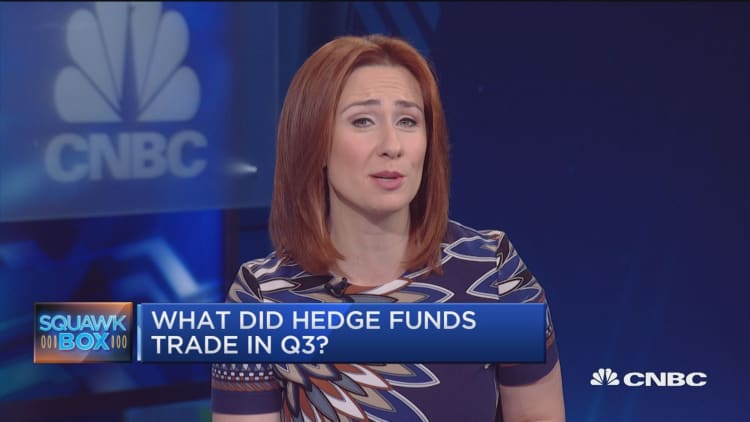Hedge funds must adapt to investor demands for change in several areas, from fees to product innovation, much faster than they have done before if they want to compete effectively, according to a report by professional services firm, EY.
The 10th annual survey conducted via telephone interviews with hedge funds and institutional investors, revealed the number of North American investors who said they were decreasing their hedge fund allocations outpaced the amount upping their allotment for the first time since the financial crisis in 2008.
A growing preference for alternative investments -- which has been reported on throughout the year by other data providers such as Preqin, as well as in studies of flow trends -- is echoed in this research which claims 48 percent of investors anticipate shifting investments from traditional hedge funds to other alternative products over the next three-five years.
According to the research, however, only a small proportion of hedge fund managers currently do, or expect in coming years, to offer the products cited as desirable by investors, including real assets and private equity.
Authors of the research at EY advise that hedge funds should make more of a concerted effort to listen and address feedback from investors as patience continues to shrink after more than a year of underwhelming aggregate performance.

Global hedge fund index returns slipped 0.48 percent during October according to data released Tuesday by Eurekahedge. While the data-provider's North American Hedge Fund Index has returned 4.73 percent year to date, its European Hedge Fund Index is counting losses over the first ten months of 0.65 percent.
This slide has happened as sensitivity towards fees continued as a key theme with only 20 percent of investors saying they are currently satisfied with their funds' expenses, despite a drop in the average operating expense ratio from 1.95 percent in 2015 to 1.84 percent this year.
Management fees have seen a drop of 10 basis points to 1.35 percent in 2016.
The central role of technology in shaping the industry's future was highlighted in the EY research with data showing 52 percent of managers either already use non-traditional or next-generation data and big data analytics to support their investment process, or plan to do so in the next two to three years.
Technological developments may help smaller players compete, says Zeynep Meric-Smith, EMEIA leader for hedge fund services at EY.
"The flows of assets still predominantly go to the larger managers, particularly for open funds. However, with increasingly innovative developments in technology we are seeing the barriers to entry lowering, which in turn is increasing the efficiencies in the market place for all investors and funds, regardless of size," she said.
Additional fears for the future of the hedge fund industry have been raised by veteran Steve Cohen of Point72 Asset Management who earlier this year said he was "blown away" by the dearth of talent available to funds. This as the attractions of Silicon Valley appeal to an ever broadening slice of gifted graduates.
However, speaking from her London vantage point, Meric-Smith says this is not an especial concern for hedge funds relative to other times.
"Finding and retaining top talent is not a new challenge for any industry," she said.
"For hedge funds we are fortunate in London that there is a hotbed of skills and a depth of expertise that goes back decades, and while Brexit has created a number of concerns, we have no reason to think that this will change."


